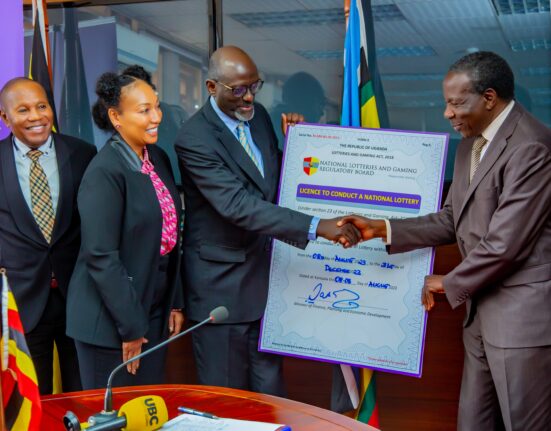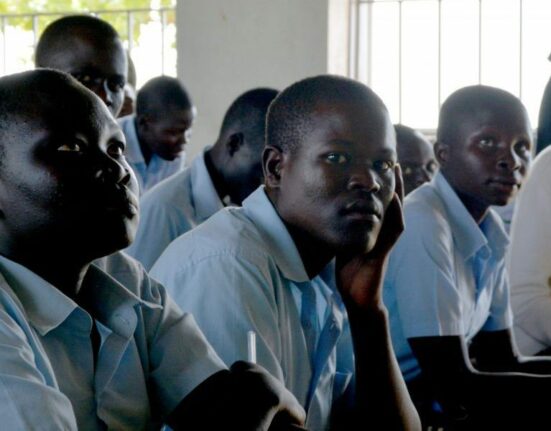Ramathan Ggoobi, the Permanent Secretary and Secretary to the Treasury at the Ministry of Finance, emphasized that excessive borrowing doesn’t lead to development. He stated that in the 2024/25 financial year, the government will prioritize saving and increasing revenue to address challenges, especially those stemming from commercial loans.
During a workshop in Munyonyo, Kampala, discussing the review of the Resource Envelope for the 2024/25 financial year, Mr. Ggoobi announced that Uganda Revenue Authority (URA) would receive full support to enhance revenue collection and combat tax evasion and avoidance.
He also mentioned during the three-day workshop, which brought together stakeholders in revenue mobilization, including URA and agencies collecting non-tax revenue, that the window for budget borrowing has been narrowing. Mr. Ggoobi emphasized that the economy’s expansion necessitates a shift away from commercial borrowing, reiterating that development stems from saving and increased revenue collection.
Furthermore, he stated that the government is working on a strategy to grow the economy tenfold in the next 15 years.
The Ministry of Finance’s Debt Sustainability Analysis for the 2022/23 financial year highlighted high debt service burden as a major challenge to debt management, partly due to increased commercial loans. To address this, the government plans to prioritize concessional loans to alleviate pressure on domestic revenues, which have been declining.
According to Ministry of Finance data, as of June 2023, external debt owed to commercial creditors increased to 13.6 percent from 10.4 percent, indicating a greater reliance on commercial borrowing for deficit financing. Domestically, commercial banks held the largest share of domestic public debt, reaching 38.6 percent by June 2023.
Public debt as of June 2023 stood at Shs96 trillion and is expected to rise in the 2024/25 financial year, with the government intending to borrow Shs13 trillion in the next budget cycle.
The government is implementing several strategies to mobilize more tax revenues to finance the budget deficit. URA Commissioner General John Musinguzi emphasized improvements in tax administration efficiency and revenue mobilization to sustain the country’s economic independence. Over the past three financial years, revenue has grown consistently by over 50.48 percent, reaching Shs25.2 trillion, with continued investment in digital solutions and innovations expected to maintain this growth momentum.
Although Uganda’s tax-to-GDP ratio remains below the sub-Saharan average at 14 percent, URA projects it to increase to between 18 percent and 20 percent in the short to medium term. This growth will be supported by reducing business informalities, addressing corruption, abuse of tax incentives by investors, and integrating government systems.
URA data indicates a 154.96 percent increase in the tax register from 1.59 million to 4.06 million taxpayers due to the issuance of instant tax identification numbers and the use of third-party data from utility companies and statutory agencies such as Umeme, NWSC, NSSF, URSB, and KCCA.






